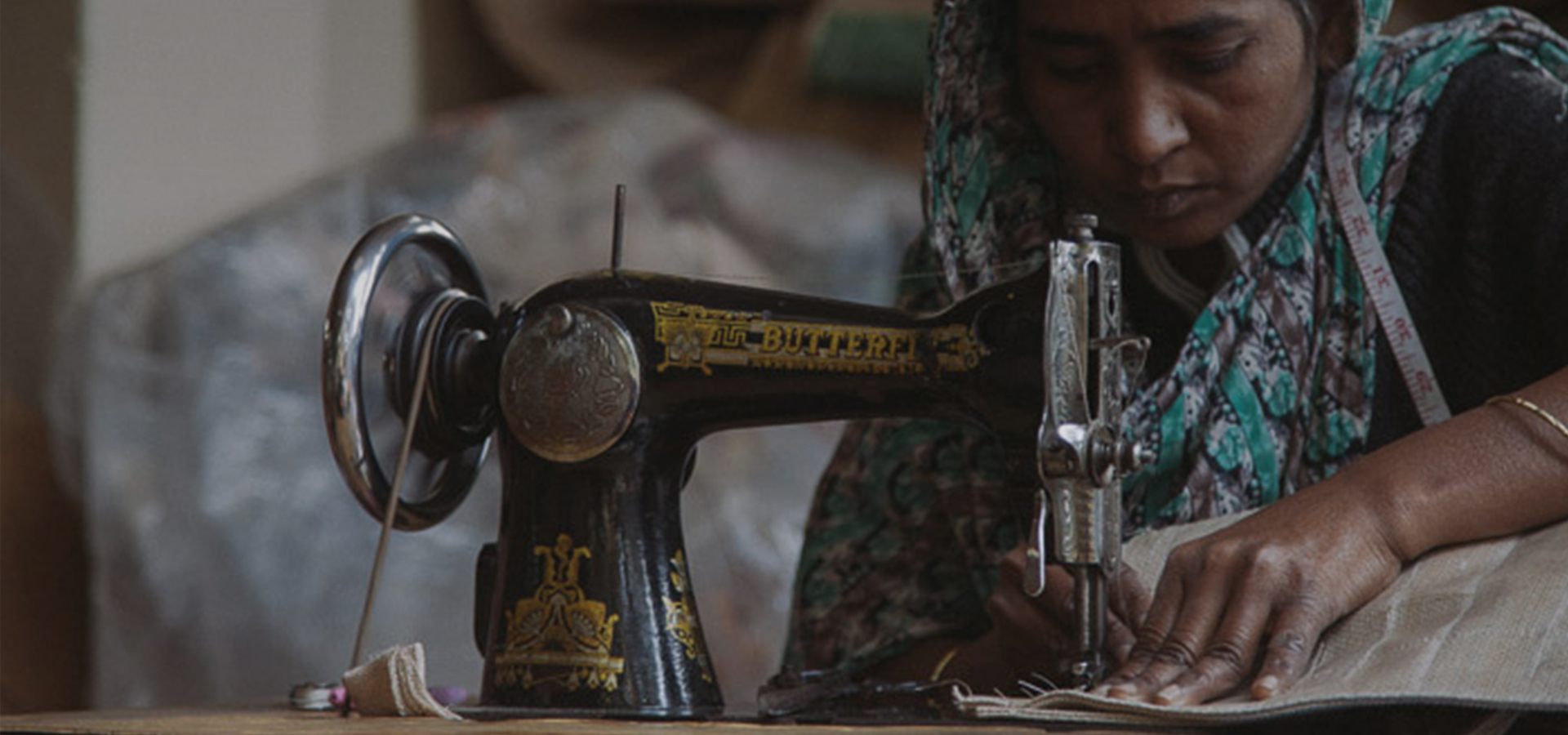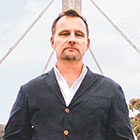

Shawn Parr
A Social Initiative To Employ Artisans From Bangladesh For Over 1000 Days
I’ve been a long-time fan of Apolis Global for many reasons. They’re an exceptionally inspiring brand that has created a global community to make a social impact. They hold the belief that the commonality between currencies, flags and languages is people and that it is people who are the innovators, the advocates and the revolutionaries. Apolis has created a community of social entrepreneurs and advocates who believe that the most valuable practice in creating lasting change is investing in people.
In 2004, brothers Raan and Shea Parton founded Apolis with a simple idea that business can create social change. Their travels abroad immersed them in personal stories of struggle and survival and inspired them to create a business model that bridges commerce and economic development. Along with their commitment to global advocacy, they understand the importance of sourcing and manufacturing locally. Whether it means partnering with manufacturers in Uganda, Peru, Bangladesh, or around the corner in Los Angeles, the Parton brothers have used their model of “advocacy through industry” to empower people to determine their own future.
The Advocacy Through Industry business model is transformational in harnessing the power of business to create social change. It’s founded on the simple idea that people can live better lives when they are given equal access to the global marketplace.
By following their mission, Apolis has become connected with likeminded organizations that are doing brilliant work to strengthen and sustain their own local economies. They understand that the most effective role they play in the process is to partner with organizations to help promote local skills, stories and bring their products to a new market. Along with paying living wages and providing job security and benefits, many of the groups Apolis partners with have programs that invest the funds raised directly into local education, employment initiatives and other social programs.
At any given time Apolis is working on a number of projects that fulfill their mission. One in particular is the #100kMarketBags project. An effort to create 100,000 units of the Co-op Market Bag, employing female artisans in the Nilphamari district of the Rangpur Division of Bangladesh for over 1,185 days. Each purchase of the Market Bag directly helps provide a child in Saidpur with the materials they need to succeed in school–items they might not have otherwise.
Watch Now: Behind-the-Seams of the Market Bag
A total of 200 wholesale partners across twelve countries are now participating in the City Series Market Bag Project. The initiative is an exemplary example of a brand that’s using innovative ways to make global change. I admire Apolis for constantly finding new ways to support their brand’s mission and making people a part of it.
Photo: Apolis Global


Uncommon Person: Chad Hutson

Our Internal Learning & Impact at Bulldog Drummond

The One Decision by Employers in 2021 that Means Everything

What I Wish I Knew

Standing Up Inside

Uncommon Person: Gregg Imamoto

Five Things Every Company Should Know about ESG

Redefining Value

Uncommon Person: Chris Baréz-Brown

It’s Time For A Whole Lotta Common Good

Did You Choose Humanity?

Uncommon Partnership: Violux

Here’s How

Uncommon Person: Santhosh Nair

Designing Strategy For A Complex World

Responsibility & Relevance for Brands
